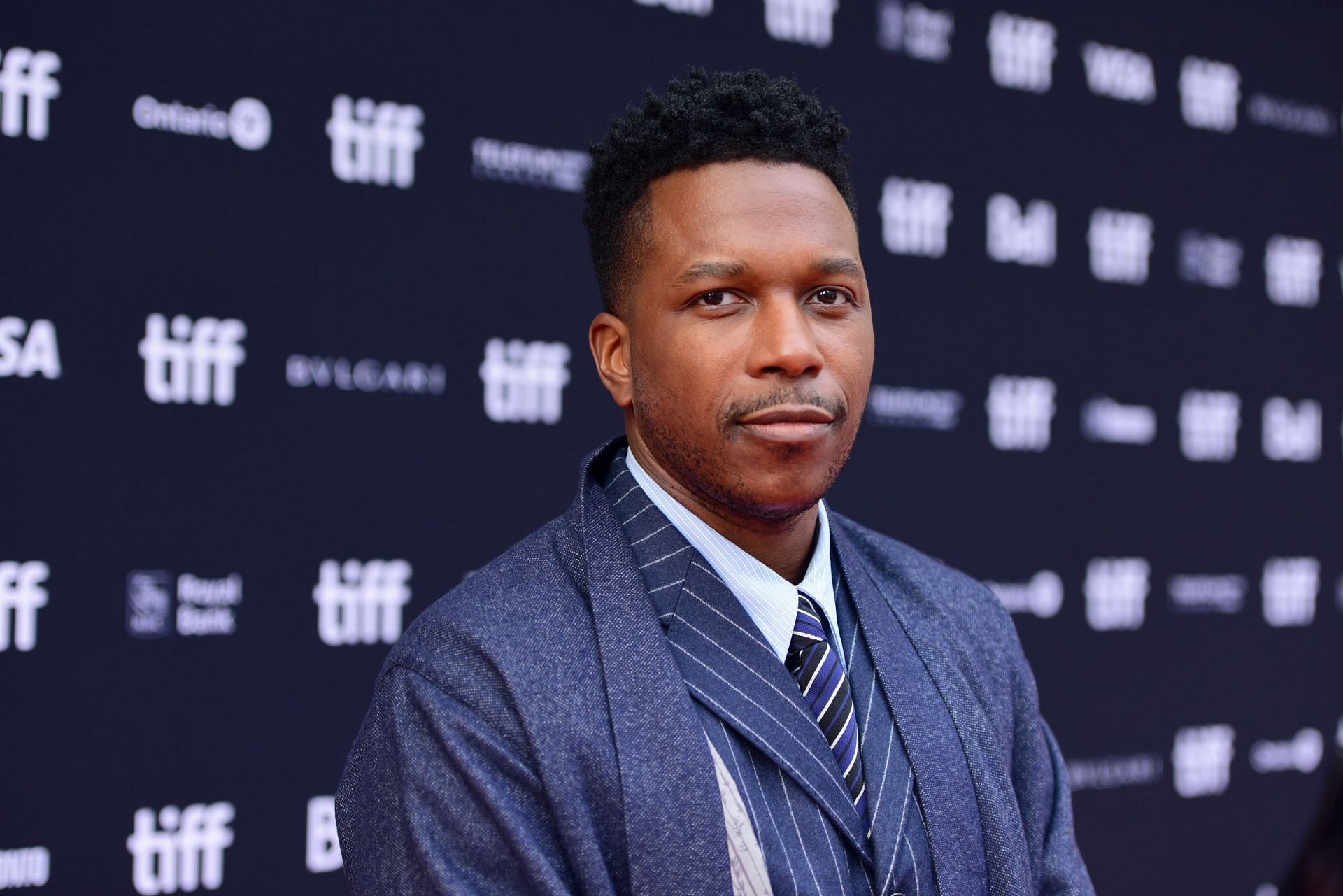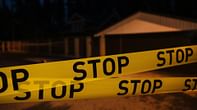What role did Leslie Odom Jr play in Law & Order: SVU? Character details explored

Leslie Odom Jr. played Reverend Curtis Scott in Law & Order: SVU, a recurring character who showed up in seven episodes between 2013 and 2015. Reverend Scott wasn’t just a background priest—he was a civil rights leader, media figure, and community voice who constantly clashed with the NYPD over how they handled race-based incidents.
He gained attention by standing up for the family of an unarmed Black teen killed by a white woman who wrongly assumed he was a rapist. On SVU, Scott often challenged the police department on racial profiling and injustice. Even without all the facts, he always spoke up when the city ignored marginalized victims.
Outside of SVU, Odom is best known for playing Aaron Burr in Hamilton on Broadway, a role that won him a Tony, a Grammy, and worldwide recognition.
He’s also appeared in shows such as Smash, Person of Interest, and Central Park. On the big screen, he’s played Sam Cooke in One Night in Miami..., William Still in Harriet, and Lionel Toussaint in Glass Onion. Whether it’s stage, screen, or TV, Odom brings weight to every role.
Everything you need to know about Leslie Odom Jr.'s appearance in Law & Order: SVU
Leslie Odom Jr.’s role as Reverend Curtis Scott on Law & Order: SVU was built around confrontation, accountability, and pressure. From the moment he appeared in season 15, episode 3, American Tragedy, Scott was shown as a vocal civil rights leader who didn’t back down from calling out the NYPD. He stood with the Carter family after their unarmed son Mehcad was killed by celebrity chef Jolene Castille.
Scott offered support to Mehcad’s family, spoke at the trial, and criticized how the case was handled. He clashed with ADA Rafael Barba, feeling Mehcad’s name was being unfairly damaged. When Jolene was found not guilty, Scott's disappointment shaped his future actions.
In Law & Order: SVU episode 6, October Surprise, Scott backed mayoral candidate Alex Muñoz for his urban reform ideas. But when Muñoz was caught sexting a minor, Scott blamed Barba for ruining someone he believed could bring real change. This showed how deeply Scott cared about justice and progress, even if it meant supporting the wrong person.
In Law & Order: SVU episode 11, Amaro’s One-Eighty, Scott goes after the SVU directly. When Detective Amaro mistakenly shot an unarmed teen, Scott called out racial bias and made sure the media stayed on the case. He faced off with Captain Cragen and later led a press conference demanding answers. He didn’t just want punishment—he wanted the police to feel the pressure of the community’s eyes on them.
Scott’s appearances weren’t limited to protests. In episode 18, Criminal Stories, he defended a Middle Eastern r*pe victim named Heba, refusing to let her be dismissed as a liar. He stood outside the courthouse, organized protests, and fought reporters who painted her as dishonest. Even when the crime turned out to be different than first believed, Scott stayed involved through every step.
His final episode in Law & Order: SVU season 17, Community Policing, brought a reunion with Hamilton co-star Daveed Diggs. Together, they led protests over the death of Terrence Reynolds, another unarmed Black man shot by police. Scott once again took the fight to press conferences, grand jury meetings, and public forums.
He didn't work inside the system—he pushed it from the outside, using every platform he had. The role didn’t soften over time. Scott remained blunt, persistent, and absolutely necessary in the show's conversations about race and policing.
Watch Law & Order: SVU on NBC.




